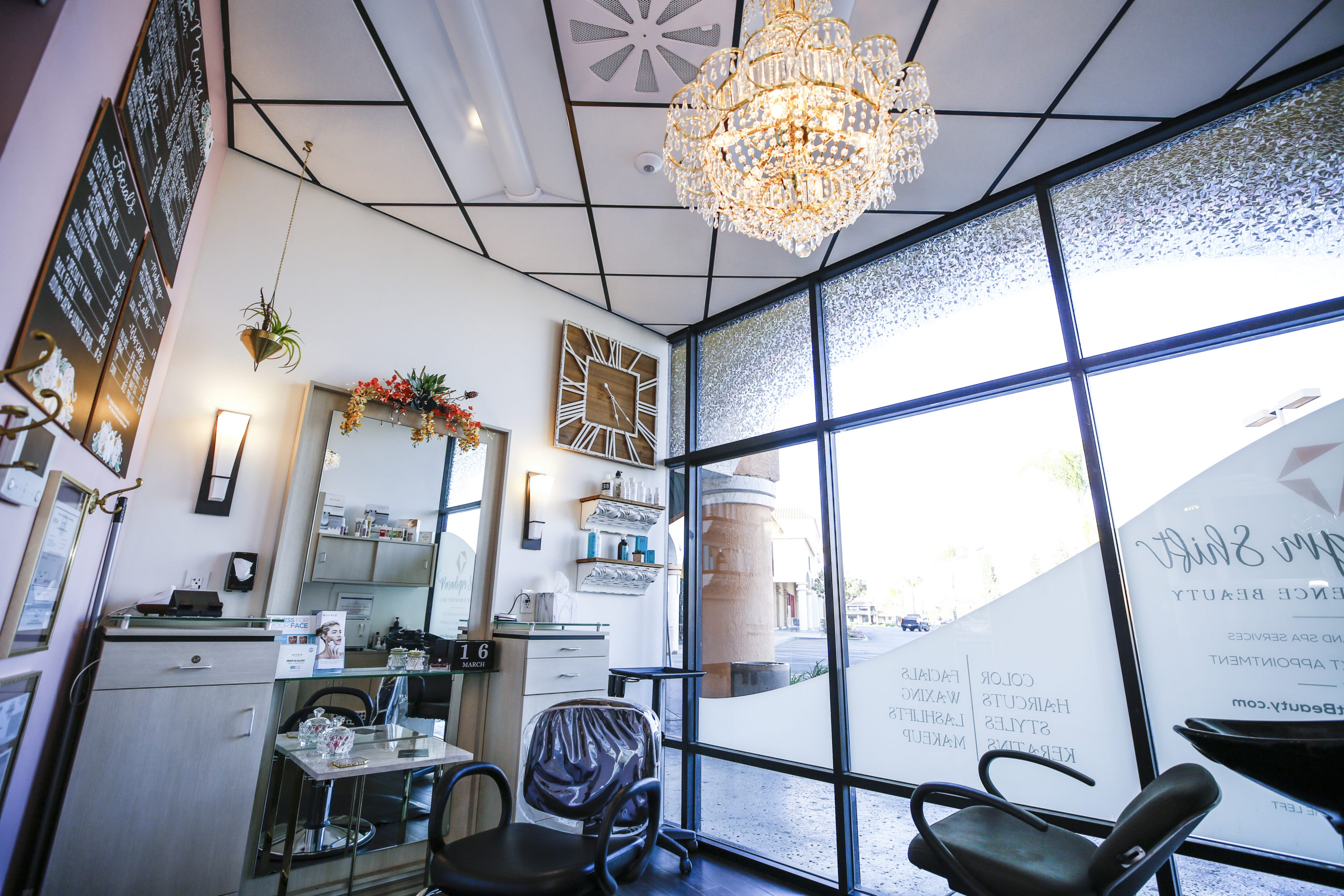A “commercial buildout” is the real estate term for renovating an office space to fit a business’s needs and individual style. A nail salon, for example, will have different construction and equipment needs than a coffee shop; but theoretically, each business could make the same space work through the buildout process.
Typically, commercial buildouts require negotiations between the landlord and the prospective tenant to determine the financial responsibilities for each party involved. One of two processes is generally followed: A Tenant Improvement Allowance (TI) or a Turnkey Buildout.
With a tenant improvement allowance, the tenant will oversee construction, architecture, and design. In a turnkey buildout, the property owner manages renovations, and the space is ready for the tenant to start business as soon as they’re given the keys.
Do Renters Want a Turnkey Business?
As with any topic in real estate, tenants will have differing preferences about whether they want a turnkey space or prefer to be more involved in the buildout process.
Restaurant owners, for example, often have specific structural and equipment needs and style preferences, making it more beneficial for a landlord to work collaboratively with the tenant on renovations via a TI. On the other hand, some businesses can easily mold to fit a space. Landlords should consider what type of tenant they prefer; and what may be the best use of their space.
In many cases, a tenant’s preference depends on the type of business they operate and their financial situation. Turnkey spaces are particularly attractive for budding entrepreneurs who need to dedicate their time to growing their business without the hassle and costs of renovations.
A turnkey space is a win-win scenario for the property owner and the tenant. When contemplating a turnkey space, consider the below:
1. Turnkey Space Allows a Tenant to Get to Work Quickly
This is the most obvious but perhaps the greatest benefit of a turnkey rental space to a commercial tenant. Rather than dealing with the distraction of extensive renovations, tenants can get to work as soon as the landlord gives them the keys. This saves them several months of decision-making and planning involved in a major construction project.
In some cases, turnkey tenants may ask to negotiate minor changes such as the paint color on the walls. It’s up to the tenant and the landlord to agree to terms in their lease about what can be changed, and who is responsible for paying for the changes.
2. Owners Protect Their Investment by Overseeing Renovations
While it may sound time-consuming to oversee commercial buildouts as a landlord, keep in mind the property is your investment. Property owners are often more considerate about how construction will impact a property’s value due to their pride of ownership. Tenants may not be as considerate when hiring contractors, designers, and architects, because they may be more motivated to save money than they are to protect your investment.
Tenants who opt for a tenant improvement allowance and oversee renovations themselves generally must get approval from the landlord, but there’s always room for poor decisions to slip through the cracks if a landlord takes the backseat.
3. Tenants Have Fewer Upfront Costs With a Turnkey Rental
With a tenant improvement allowance, the landlord usually agrees to pay a negotiated price per square foot to the tenant for renovations to the space. In many cases, tenants pay the costs up front, and then the owner reimburses them upon completion. If the renovations exceed the negotiated price, the tenant is responsible for the overage.
For a new business owner or someone without considerable savings, the commercial buildout process isn’t financially feasible. A turnkey business saves them upfront costs and allows them to work immediately toward earning revenue, improving their ability to pay rent each month.
Partner With a Franchise for a Simplified Commercial Buildout
A turnkey commercial buildout places responsibility on the landlord to prepare the property, but the process can be painless for an owner who finds support from a proven turnkey franchise.
With MY SALON Suite, once a franchisee executes an agreement, it takes about 9 to 12 months to open the turnkey business. During the buildout process, MY SALON Suite assists with picking a location, market logistics, construction, training, and recruitment of MY SALON Suite tenants, who are referred to as Members. Members are beauty professionals who run individual businesses from their respective suites. The franchisee simply acts as the landlord. MY SALON Suite makes the process of opening a franchise smooth and hassle-free for their franchisees.
To learn about franchising opportunities in your area, please visit: https://www.mysalonsuite.com/franchise/.

